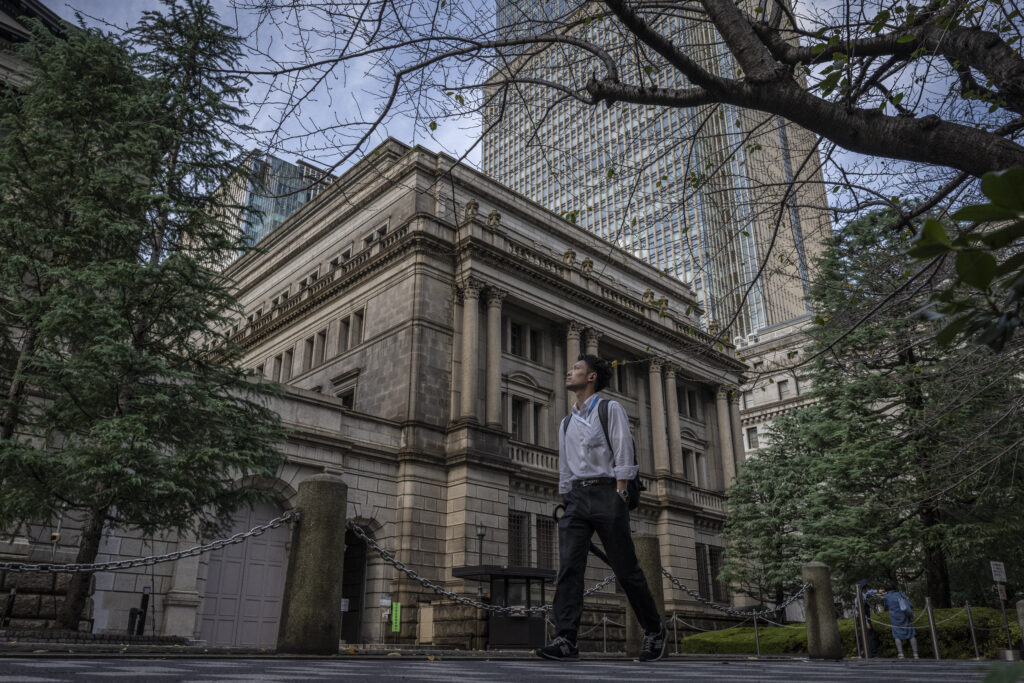
- ARAB NEWS
- 19 Jul 2025

TOKYO: The Bank of Japan has failed to adequately analyze the side effects of its massive easing campaign in its comprehensive review of monetary policy over the past 25 years that was published Thursday, economists said.
“The overall effect on the Japanese economy so far appears to have been positive,” the central bank said in its report on the review.
But the massive easing policy, introduced in April 2013, has caused adverse effects, such as a loosening of fiscal discipline and a delay in restructuring industries that slowed economic growth, economists said.
“The review gave priority on analyzing positive effects and was not enough to analyze side effects, including the yen’s weakening,” said Takahide Kiuchi, executive economist at Nomura Research Institute Ltd.
The BOJ’s monetary easing campaign sent its holdings of Japanese government bonds swelling to 569 trillion yen as of the end of September this year, more than 50 percent of their outstanding amount.
This has drawn strong criticism that market discipline has been eroded, leading the government to issue large amounts of bonds and causing a further deterioration in public finances.
The BOJ’s report said that “it is crucial for the bank to continue to clearly explain…that the aim of monetary policy is to achieve price stability and should not be to support monetary financing of government debt.”
However, in a commentary included in the review report, Kotaro Tsuru, professor at Keio University, said that “the commitment to buy as much long-term government bonds as possible is as close to monetary financing as possible.”
In March this year, the BOJ ended its negative interest rate policy. In July, BOJ policymakers voted to raise their key short-term interest rate target to 0.25 percent.
In August, the central bank started to gradually reduce its JGB purchases. Still, former BOJ Executive Director Kenzo Yamamoto said that “it will take more than 10 years to bring the outstanding balance of JGBs to normal levels.”
If the BOJ continues to raise rates, it will face an increase in interest payments on private financial institutions’ current account deposits, a situation putting pressure on its finances. But the BOJ’s review report did not include a detailed analysis of its finances.
Some economists also said that the prolonged ultralow interest rates have kept unprofitable businesses afloat, delaying the restructuring of industries.
The BOJ said that “no clear conclusions have been reached, either positive or negative,” on an impact from monetary easing on the supply side of the economy. “Further analysis is necessary,” it said.
In his commentary in the report, Shinichi Fukuda, professor at the University of Tokyo, said, “It is difficult to believe that there has been a positive effect because the potential growth rate is on a downward trend.”
The BOJ report “completely lacked an analysis of what many people are interested in,” Kazuo Monma, former BOJ executive director and now executive economist at Mizuho Research & Technologies Ltd., said, citing side effects from the loosening of fiscal discipline and the yen’s rapid depreciation.
JIJI Press